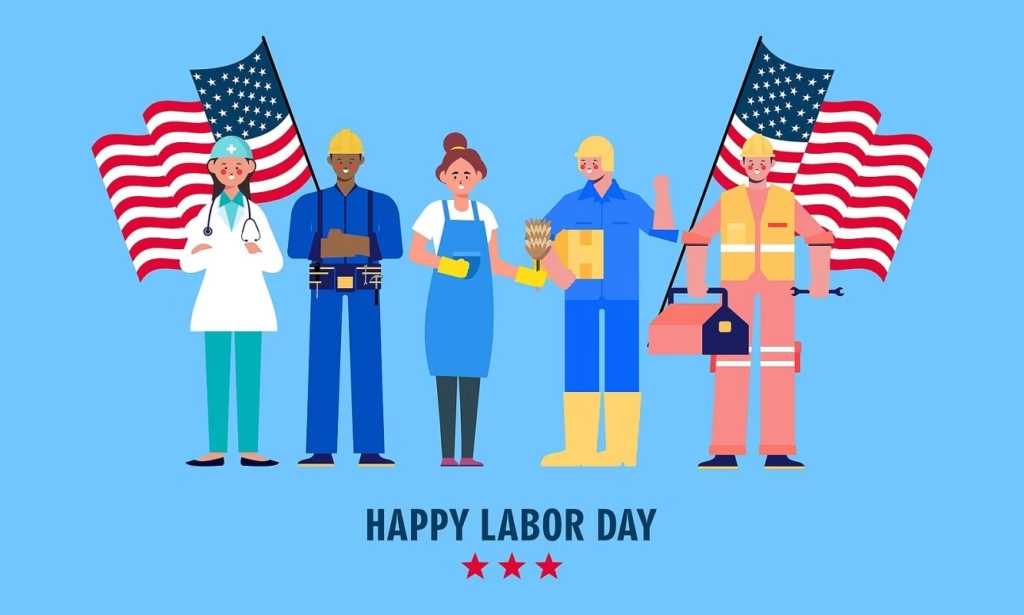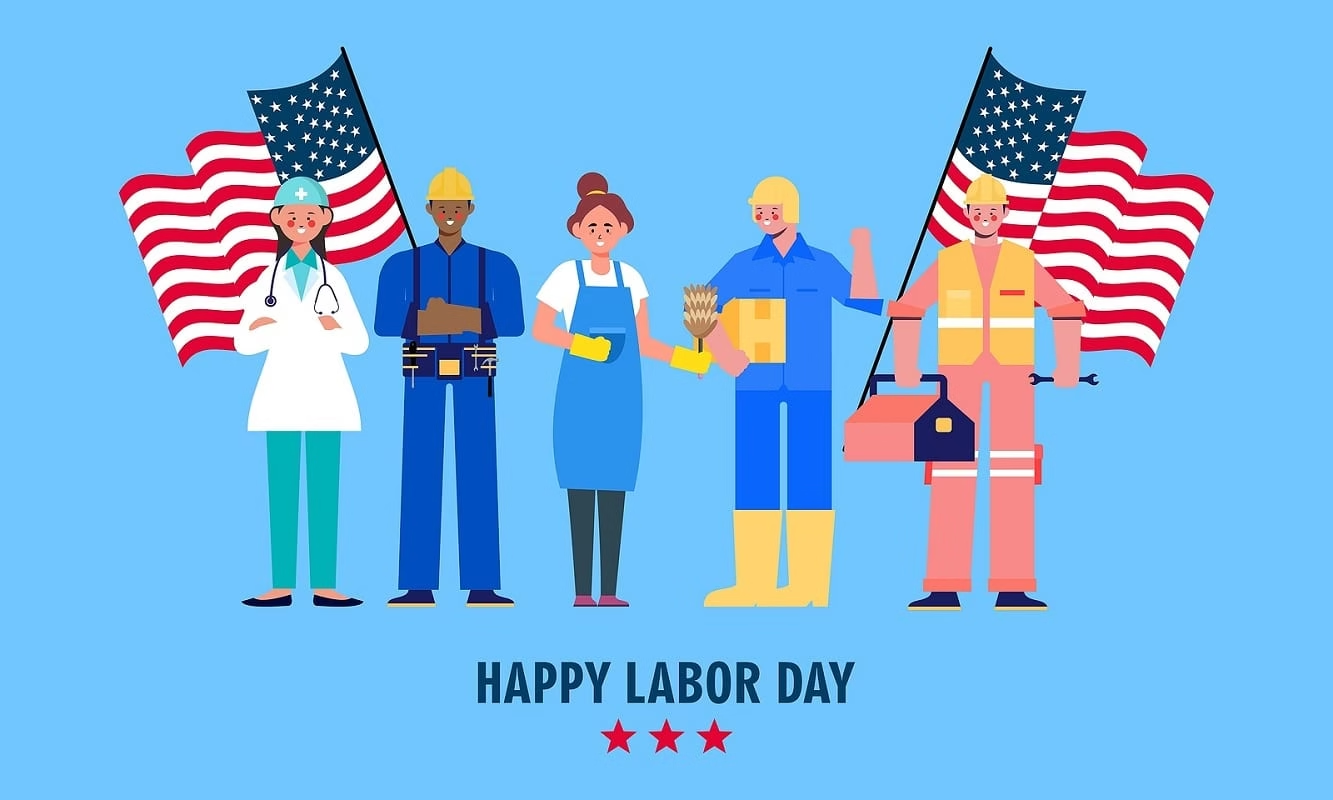
Introduction
Labor Day started stands as one of the most meaningful holidays in the United States. More than just a long weekend, it represents the struggles and victories of working men and women who fought for fair wages, safe conditions, and dignity at work. People across the country celebrate this day with parades, barbecues, and community events. At the same time, many pause to remember the sacrifices of those who paved the way for modern workers’ rights. To fully appreciate the holiday, we need to understand Labor Day history and why it continues to shape our culture today.
The Birth of Labor Day
In the late 1800s, American workers faced harsh realities. Factory shifts often stretched beyond 12 hours, six or seven days a week. Children worked alongside adults in dangerous environments, while safety regulations were almost nonexistent. Workers demanded change, and the labor movement grew stronger by the year.
Amid rising tensions, labor unions began to organize rallies and strikes to demand shorter workdays, better pay, and safer workplaces. One of the most famous strikes—the Pullman Strike of 1894—highlighted the growing unrest. In response, lawmakers realized that they needed to acknowledge the efforts of workers nationwide.
President Grover Cleveland signed a law in 1894 that officially created Labor Day as a federal holiday. From that point onward, Americans celebrated the contributions of workers every first Monday in September.
Why Labor Day Holds National Importance
Labor Day represents more than a historical milestone. It serves as a reminder that progress comes through unity and perseverance. By standing together, ordinary people achieved extraordinary reforms that transformed the workplace forever.
The holiday also carries cultural meaning. Families use the day to relax, gather with loved ones, and reflect on the balance between work and life. For many, it also signals the unofficial end of summer, as children prepare for a new school year and businesses shift into fall.
Labor Day Traditions Across the Country started
Different regions celebrate Labor Day with unique traditions, but some practices remain universal. Parades honor the working class, often featuring union members, community leaders, and local organizations. Cities host festivals filled with music, food, and family-friendly activities.
Meanwhile, families enjoy Labor Day weekend as a chance to escape daily stress. Barbecues, road trips, and beach outings fill the calendar. Retailers also hold massive sales, making the holiday one of the busiest shopping times of the year.
These traditions combine relaxation with recognition, ensuring that the meaning of the day never fades.
The Deeper Meaning of Labor Day
The spirit of Labor Day history continues to inspire new generations. While working conditions have improved since the 19th century, challenges remain. Issues like wage inequality, job security, and safe environments still matter. Celebrating Labor Day reminds us that progress never stops—it requires constant effort and awareness.
Workers in today’s world enjoy rights that earlier generations fought tirelessly to secure. This holiday honors those victories while encouraging us to protect and expand those rights for the future
How Businesses and Communities Celebrate started
Businesses often take the opportunity to thank their employees with appreciation events, bonuses, or flexible schedules. Communities host fairs, concerts, and cultural events to bring people together. Schools and universities educate students about the meaning of Labor Day, teaching them that the holiday is more than just a break from classes.
By combining recognition, rest, and learning, Labor Day serves as a bridge between past and present
Labor Day Weekend: A Modern Perspective started
Today, Labor Day weekend symbolizes more than just a break. It represents the balance between productivity and rest. People work hard throughout the year, and this weekend gives them the chance to reset and recharge.
Social media lights up with posts about parades, cookouts, and family gatherings. At the same time, news outlets revisit the struggles that led to the creation of the holiday, reminding everyone that workers’ rights should never be taken for granted
Conclusion
Labor Day started as a response to injustice, but it grew into a celebration of unity, resilience, and progress. Every parade, every barbecue, and every day off honors the millions of workers who shaped America’s future. By understanding Labor Day history and enjoying Labor Day weekend responsibly, we keep the legacy alive.
Frequently Asked Questions (FAQ)
Q1: Why do we celebrate Labor Day started?
We celebrate Labor Day to honor workers’ contributions, recognize their struggles, and appreciate the progress made in workplace rights.
Q2: When is Labor Day celebrated?
Labor Day is celebrated on the first Monday in September each year.
Q3: Is Labor Day only an American holiday?
While Labor Day is specific to the United States, many countries celebrate similar holidays that honor workers, often on May 1 (International Workers’ Day).
Q4: What are common Labor Day traditions?
Common traditions include parades, barbecues, festivals, and family gatherings, as well as retail sales events.
Q5: What does Labor Day weekend symbolize?
Labor Day weekend symbolizes both the recognition of workers’ achievements and the unofficial end of summer in the U.S.
SEO Tags
how labor day started
labor day, labor day history, labor day weekend, when did labor day start, labor day meaning, us labor day holiday, labor day traditions, labor day celebration
https://manyviral.com/can-trumps-big-beautiful-bill-pass-the-senate/
You might to like read this blog

Leave a Reply